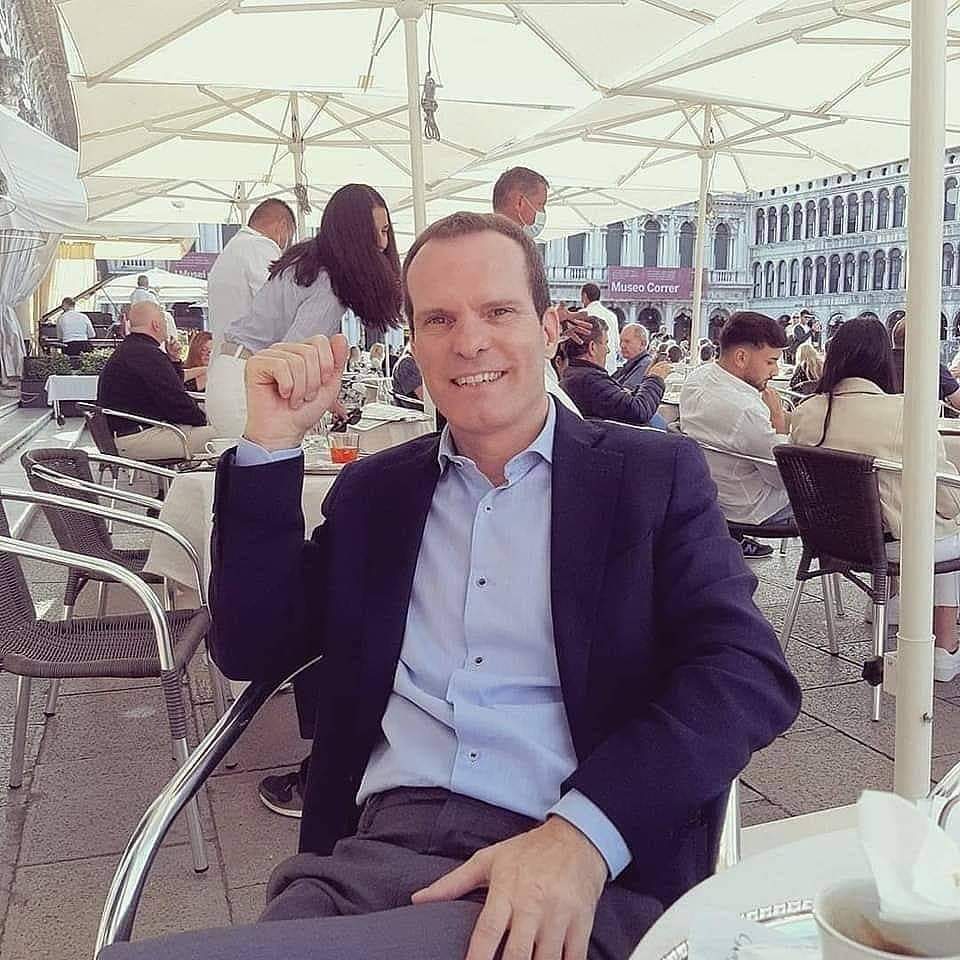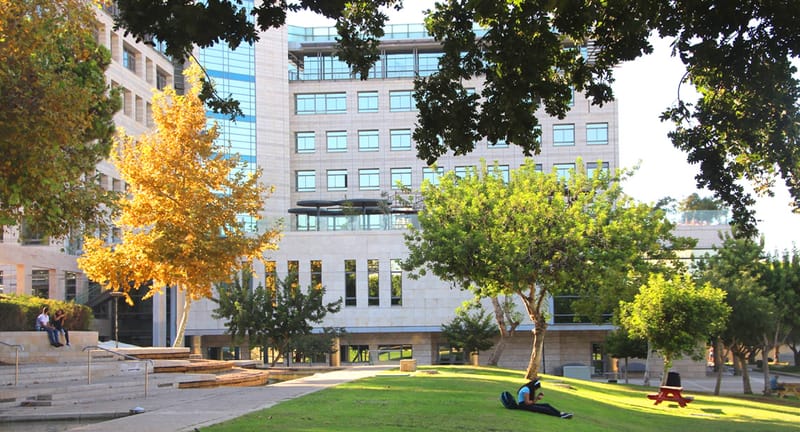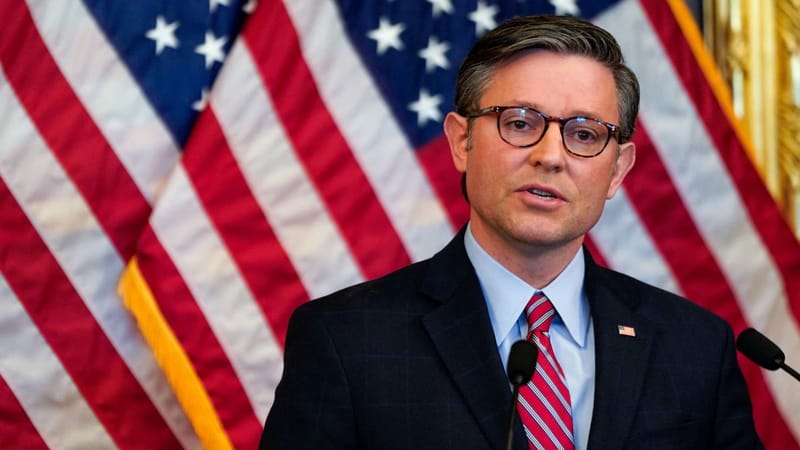Politics, geopolitics and rebuilding of Ukraine
In the context of a confused geopolitical picture and pending November presidential elections, the current U.S. posture suggests that the goal is indeed a frozen conflict, but on what terms?

A return to a new and strong polarization is likely to happen in Moscow: on one side the pro-Western reformists and on the other the pro-Slavs, the global West and the East that will continue to fight against each other, in a proxy confrontation in- and outside the borders of the Russian Federation. Without united EU support and if Donald Trump as president reshapes U.S. military support, the possibility of Ukraine regaining control of its pre-2014 borders is remote.
On the eve of entering the third year of the Ukrainian conflict, it is better to consider the internal variables within the Zelensky-led state. To begin with, the elections: substantial bangs of U.S. Republicans thought that they should be held on March 31, while bipartisan sectors of Ukrainian domestic politics decided otherwise for several reasons – constitutional impossibility of holding them at a time when martial law is in force, unsustainable costs of elections draining resources from the war economy, realistic possibility of Russian interference and sabotage.

If there is a soft transition replacing Zelensky with a military figure, Ukraine would be on its way to ending, rather than by consensus, by a kind of “candle extinguishing” of the military conflict, and in any case the scenario that will unfold will be that of a frozen conflict in the southern and eastern sectors.
What needs to be watched carefully is Ukraine’s reconstruction, albeit within the framework of the frozen military scenario with Russia, in certain portions of its territory. According to Graham Robinson “The eventual cost of reconstruction and building back better in nominal terms for such a colossal undertaking is likely, in our view, to be $1 trillion over many decades.”
The frozen conflict can be imagined as a scenario in which military clashes will persist (with connected guerrilla, counter-guerrilla and sabotage activities) in some portions of Ukrainian territory still disputed, while reconstruction will proceed in the rest of the territory in parallel with the securing carried out by the Anglo-Americans and Poles. But Russians could carry out acts of terrorism and political interference even in Ukrainian cities controlled by Kyiv. The European Investment Bank (EIB) may play a key role in helping to finance the reconstruction of Ukraine. Nadia Calvino, EIB’s president told Bloomberg: “It is clear that the financing needs for Ukraine will be immense.”

For New monthly Enterprises Survey, it is a matter of confronting certain levels of corruption: in the armed forces and security apparatus, among representatives of local authorities, among reconstruction oversight bodies and in the civil service, as well as working at the G7 and EU level to funnel the assets of Russian oligarchs into Ukrainian reconstruction budgets. (For details, New monthly Enterprises Survey, Issue 14, 06/2023, Ukrainian Business in Wartime)
Bastian Giegerich, the director-general of the International Institute for Strategic Studies, said: “we’ve gone from optimism regarding Ukraine’s prospects to the — at the time — controversial scenario of a stalemate on the battlefield in the second half of 2023. And I think now for 2024, even stalemate is not guaranteed. And if western assistance does not ramp up and Russia continues to proceed in its war of attrition with no regard for cash or casualties, it’s, in my view, very plausible that Russia will make advances in 2024, and Ukraine might have to give up territory as a result.
In addition, we have to recall an idea that used to be in vogue in some European capitals, but especially in faraway Beijing, which was based on a future of Ukraine's neutrality once the war is over. It is a concept also reiterated by Dmitry Suslov, one of the Kremlin's foreign policy advisers, who recently told to Italian newspaper Corriere della Sera, “Russia is not fighting this war for territories but for guarantees and armored security arrangements. Ukraine must be absolutely neutral. In addition, Russia demands a robust limitation even on military and intelligence cooperation between the West and Ukraine, that is, nothing that happens now in terms of arms supplies, training, intelligence exchange."
In 1994, Kyiv agreed to dispose of the nuclear weapons arsenal it inherited after the dissolution of the USSR by joining the Treaty on the Non-Proliferation of Nuclear Weapons. The nuclear warheads (about 1,900) were then sent to Russia but with the commitment that they would be dismantled in the following two years.
In return, Kyiv obtained (the verb in the past tense is now dutiful) guarantees from Russia, the United States and the United Kingdom, together with Chinese and French reassurance documents, about the independence and territorial integrity of all of Ukraine. Ukrainians were (vainly) guaranteed the sovereignty and inviolability of their borders.
We are now observing increasing and increasingly unreasonable demands from Russia, but allowed by the fact that it is the West that is in trouble, more politically than militarily. In the context of a confused geopolitical picture and pending November presidential elections, the current U.S. posture suggests that the goal is indeed a frozen conflict, but on what terms? In exchange for what? Is there a goal?
Europe is absent and divided, China does not have the capacity to lead negotiations of this magnitude, neither in Ukraine nor in the Middle East, so that the key to resolving these critical issues is still in Washington.
The point is that Russia should not have been allowed to enter this wiggle room. Years of insufficient military deterrence by the West, coupled with the usual political divisions of democracies will hand Putin a very significant dividend at the negotiating table.
While planning about reconstruction in Ukraine proceeds apace, led by the Americans, British, Turks and Koreans with contracts and investments, it is unclear how negotiations can begin to crystallize the status quo, award territories now disputed to Moscow, allowing Kyiv to officially become a NATO partner (on the Israeli model). What about the nuclear umbrella to protect Kyiv? Without the latter, Ukraine will never be safe from the aims of a Russia that wants to take back all the territories of the former Soviet Union. We will have proof of this once again in the Caucasus.
Meanwhile, Ukrainians are paying the highest price.






